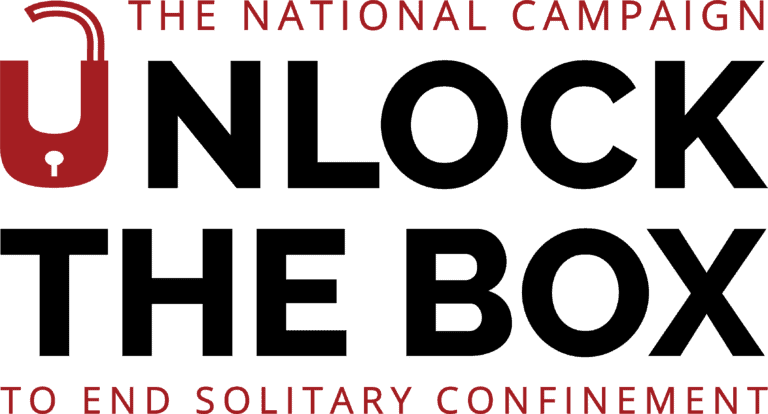END
TORTURE
SOLITARY
NOW
Solitary confinement is torture
SUPPORT ESCA
(End of Solitary Confinement Act)
SUPPORT ESCA
(End of Solitary Confinement Act)
SUPPORT ESCA
(End of Solitary Confinement Act)
SUPPORT ESCA
(End of Solitary Confinement Act)
A SOLITARY MISSION
We will end long-term solitary confinement in the United States within the next 10 years.
The Unlock the Box Campaign is a coalition of organizations and movement leaders who partner with state and local campaigns across the United States with the common goal of ending the use of solitary confinement for all people.
VISION
We aspire to a world without cages; and as part of the work to dismantle unjust systems, we envision a nation that respects the human rights and dignity of all justice-involved people and rejects the use of torture.
Strategy
We provide a national voice on solitary confinement while providing anti-solitary organizations across the country with funding, strategic support, and technical assistance to secure meaningful policy change.
community
We are a community-first campaign that empowers survivors of solitary confinement, families of individuals in solitary, and local advocacy groups to develop and lead their own campaigns to end solitary.
CHECK THIS OUT
John Oliver Talks Torture
John Oliver makes a compelling case for abolishing solitary confinement. Unlock the Box consulted on with the producers of the series on this segment which reached millions of viewers.
IS SOLITARY REALLY TORTURE?
The United Nations, along with the world’s foremost voices on human rights, civil rights, and public health, including people who have been locked in solitary, all say YES. An overwhelming body of evidence shows the devastating harm solitary confinement causes to the people who endure it, as well as their families and communities. People subjected to solitary often experience physical pain, neurological damage, and symptoms from depression and anxiety to psychosis, and they are far more likely to commit self-harm or suicide.
it’s like being
Buried
Alive
The truth about solitary
Statistics help expose the widespread use and devastating impact of solitary confinement in the United States.
An estimated 85% of people in solitary have been sent there for non-violent disciplinary reasons, such as talking back to a corrections officer.[4]
As many as one-half of people in solitary confinement suffer from mental illness, which is often exacerbated by isolation. [5]
30% of youth held in juvenile facilities report being held in solitary confinement for some period of time.[6]
The average size of a solitary confinement cell is 70 square feet, only slightly larger than a king-size mattress and smaller than a parking space.[7]
The cost of isolating people in solitary confinement is 2-3 times higher than holding them in the general prison population.[8]
Almost 15% of people in solitary confinement are held there continuously for between one and three years consecutively.[9]
Right now, at least 122,000 people are being held in solitary confinement in the United States. [1]
Individuals who have been in solitary confinement are 78% more likely to commit suicide within a year of their release from prison.[2]
Over a third of people subjected to solitary confinement become psychotic and/or suicidal within the first 15 days.[3]
For more research on the use and impact of solitary confinement, explore our Resources page.
CAMPAIGN PARTNERs
Unlock The Box is currently active in 22 states and the District of Columbia, but we are quickly expanding across the nation. If you are interested in developing an anti-solitary campaign in another state, we want to hear from you! Please contact us today.
JOIN THE MOVEMENT
Sign-up for our newsletter to stay up-to-date on crucial news, events, and other Unlock The Box happenings.




